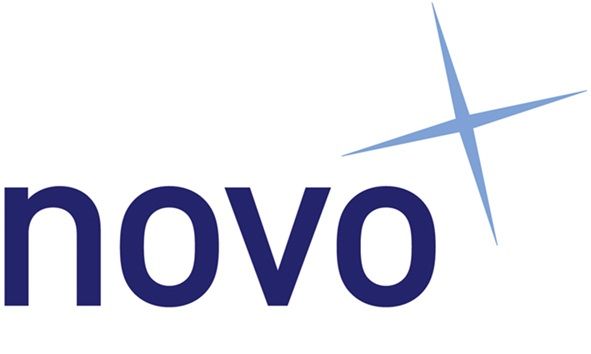5 Problems With ‘Quiet Job Promotions’—and 5 Ways to Avoid Them

Moving current employees to bigger jobs may save time and money, but failing to offer added support and compensation can hurt your company.
It sounds like a savvy business move: shifting internal talent to cover urgent needs instead of hiring externally. Quick, cost-effective, and resourceful, right?
Not so fast.
This trend, called quiet promotion, might offer a short-term fix. But in the long run, it could be quietly destroying your team’s morale, engagement, and trust in leadership. If you lean too heavily on internal, expedient promotions, you might be saving money at the expense of your best people.
Here’s how this happens, and why it’s a mistake too many companies make.
What are quiet promotions and why do they happen?
Quiet promotion happens when a company assigns existing employees new roles or additional responsibilities, often without a title change, raise, or formal recognition. Instead of opening up a new role or bringing in outside talent, leadership leans on internal team members to “step up.”
Sometimes it’s temporary. Sometimes it’s indefinite. Either way, it’s often done without transparency, support, or additional compensation.
From the outside, it looks efficient. Hiring is expensive and time-consuming. Internal employees already know the systems, the culture, the goals. Why not plug them into a new gap?
In theory, it’s a smart strategy during hiring freezes or budget crunches. In practice, it’s often used as a shortcut to avoid hard decisions—like investing in new roles, redefining responsibilities, or saying no to unrealistic business goals.
Why quiet promotions can backfire
Here’s the truth: People don’t mind stepping up. What they mind is stepping up without being seen.
When you quietly promote people without explicit recognition, adequate support, or fair compensation, it creates ripple effects across your team. And those effects are showing up in the data. As the Harvard Business Review points out, what it called “dry promotions” are a classic example of penny-wise and pound foolish practices. Companies save money on pay increases but lose far more from subsequent employee turnover.
In other words, you might avoid one costly hire today only to lose a frustrated high performer who’s chafing under the flaws of a quiet promotion tomorrow, then spend even more trying to replace them.
Here’s what leaders miss when they rely on quiet promotions:
- It breeds resentment. Taking on more work without a raise or title shift feels like a bait-and-switch. Employees notice when their efforts aren’t acknowledged or compensated.
- It hastens burnout. You can’t double someone’s workload without cutting something else. When you don’t adjust priorities, people burn out fast, and they start job hunting even faster.
- It damages trust. Quiet promotions usually happen without a conversation. One day, you’re doing your job. The next, you’re managing a team or leading a project you didn’t ask for. That’s not opportunity; it’s being blindsided.
- It kills engagement. People want to grow, not just stretch. If there’s no clear path forward, that stretch starts to feel like a strain.
- It hurts your culture. Top performers notice when effort isn’t rewarded. And once your best people feel undervalued, they won’t stick around.
How to do internal mobility the right way
Internal growth isn’t the problem; rather, how you approach it is. Here’s what to do instead of quietly shifting your team into new roles:
- Have the conversation first. Ask before assigning. Share the business need, outline the opportunity, and give them a choice. Autonomy is essential for engagement.
- Tie new responsibilities to clear benefits. If someone takes on more or new work, something should follow, whether it’s a title, raise, or defined career path. Don’t let recognition fall through the cracks.
- Set clear expectations and support. Don’t assume employees can just figure it out. Offer training, mentorship, or reduced responsibilities in other areas to make space for their new role.
- Celebrate internal moves. Promote from within, publicly and proudly. Internal mobility should feel like a win, not a warning sign.
- Track performance and progress. Make sure new responsibilities aren’t just added indefinitely. Check in often, adjust workloads, and make the transition a true step forward, not just a Band-Aid solution.
The Bottom Line
Quiet promotions might seem like a clever way to stretch your personnel and financial resources, but it sends the wrong message: that extra work is expected, not rewarded. That people are interchangeable. That stepping up leads nowhere.
If you want to retain your best people, don’t just rely on them, recognize them. Because when employees feel respected and supported, they won’t just stick around. They’ll lead the way forward.
Originally published on Inc. https://www.inc.com/mandy-gilbert/5-problems-with-quiet-promotions-and-5-ways-to-avoid-them/91193080












